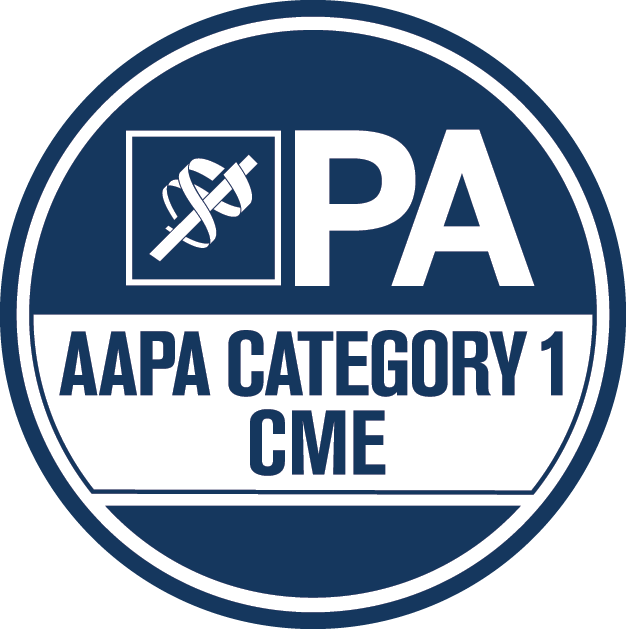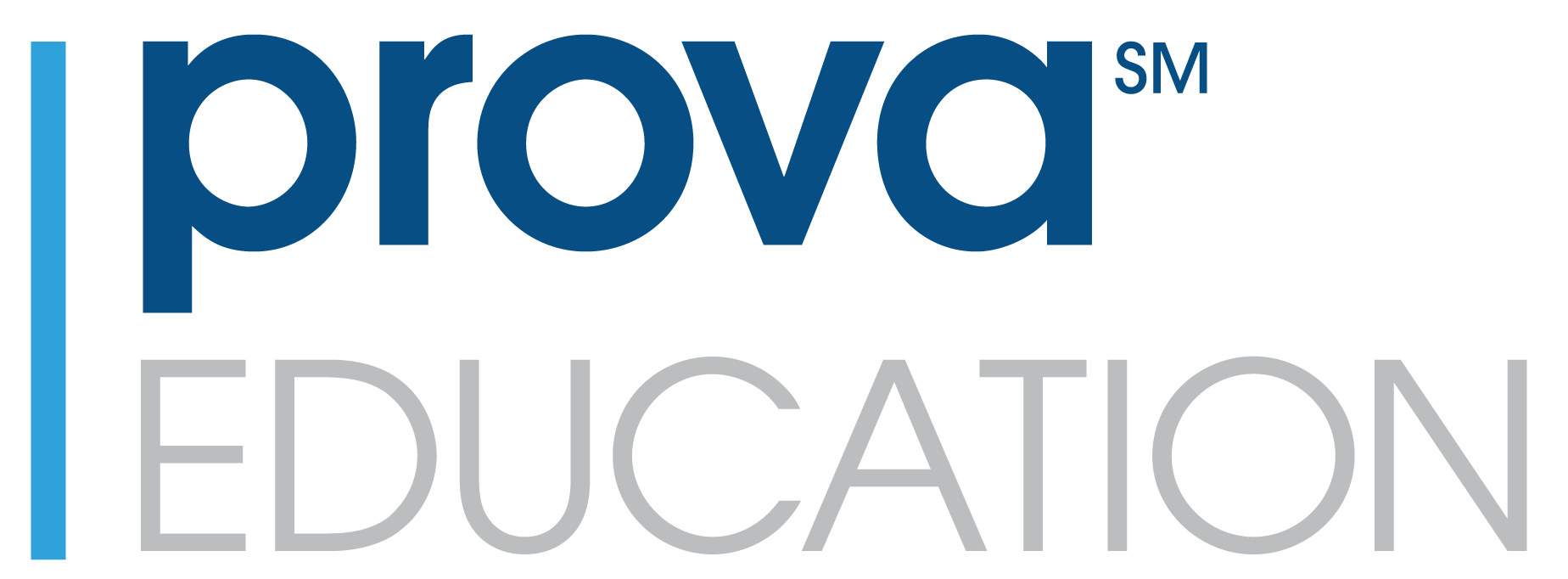Announcer:
Welcome to CME on ReachMD. This episode is part of our MinuteCME curriculum.
Prior to beginning the activity, please be sure to review the faculty and commercial support disclosure statements as well as the learning objectives.
Dr. Levesque:
This is CME on ReachMD. I’m Dr. Annie Levesque, and here with me today is Dr. Ethan Cowan.
A patient's acceptance of a referral for treatment of alcohol use disorder is really important. Dr. Cowan, what are some of the strategies you use to facilitate those referrals and to overcome some of the barriers for patients to enter treatment?
Dr. Cowan:
Thank you, Dr. Levesque. Yeah, in the emergency department, we are identifying patients with alcohol use disorder and trying to navigate them to the appropriate outpatient follow-up. And as you noted, it can be difficult for patients due to multiple barriers, as well as some resistance to identification of their own disorder and willingness to seek treatment.
So one of the strategies that we've used is doing some brief negotiation interviewing. So we have health educators in our emergency department who will discuss with the patients treatment options. And for those that are a little bit more resistant, they can have a brief negotiation interview, and then try and get those patients to accept a referral.
In terms of where we're sending the patients, I think the important thing is to really know what you have in your community. In many places, you may not have access to formal addiction services. And in those cases, we want to make sure that we're sending those patients back to their primary physician for ongoing treatment. If you have access to an addiction program, that's a great place to send them. The one thing that I would say that's probably most important for these referrals is to do what's called a “warm” handoff. So not just giving the patient a phone number and saying, you know, “Hey, call this number and follow up,” but actually giving them an appointment date and a time when they're supposed to be someplace and then letting the other side know that this person is coming so that they can reach out to them as well and get them to where they need to be.
So that's what we're doing. I'm curious to hear what you're doing in your setting, Dr. Levesque.
Dr. Levesque:
Thank you, Dr. Cowan. I really like the point you were making about the warm handoff. And I think it is a really important strategy and it can really help a patient following up with their referral.
One of my strategies when patients are hesitant to move forward with a referral, I think exploring with them the factors that make them hesitate is really helpful. So understanding their fears, their concerns can help me address them, answer their question and overcome some of their perceived barriers.
I also find that using some motivational interviewing techniques can be helpful when people are ambivalent. So we can ask questions that encourage patients to voice in their own words what would be the benefits of getting treatment and of changing their behavior and also have them voice the disadvantages of continuing to drink. So having the patient voice those things in their own words is very powerful.
And I think one of the benefits of primary care setting is the ability to establish a long-term relationship with the patient. So unlike in more acute settings there, the referral doesn't necessarily need to happen right away. We can revisit in future visits and future sessions.
And then one last tip, maybe, for primary care providers, when patients decline the referral for addiction services is to look into what can be started in the office. So for example, medication like naltrexone or acamprosate can be prescribed by a primary care provider and help with the cravings.
Dr. Cowan:
Yeah, that's great. I really like that point of meeting patients where they're at, you know, identifying what they're ready for and then tailoring the referral process and treatment options to what they're willing to accept. So that's great.
Dr. Levesque:
Unfortunately, our time is up. We hope this discussion provided some insight into motivational strategies that can help patients accept referrals for treatment. Thank you for listening.
Announcer:
You have been listening to CME on ReachMD. This activity is provided by Prova Education and is part of our MinuteCME curriculum.
To receive your free CME credit, or to download this activity, go to ReachMD.com/Prova. Thank you for listening.






